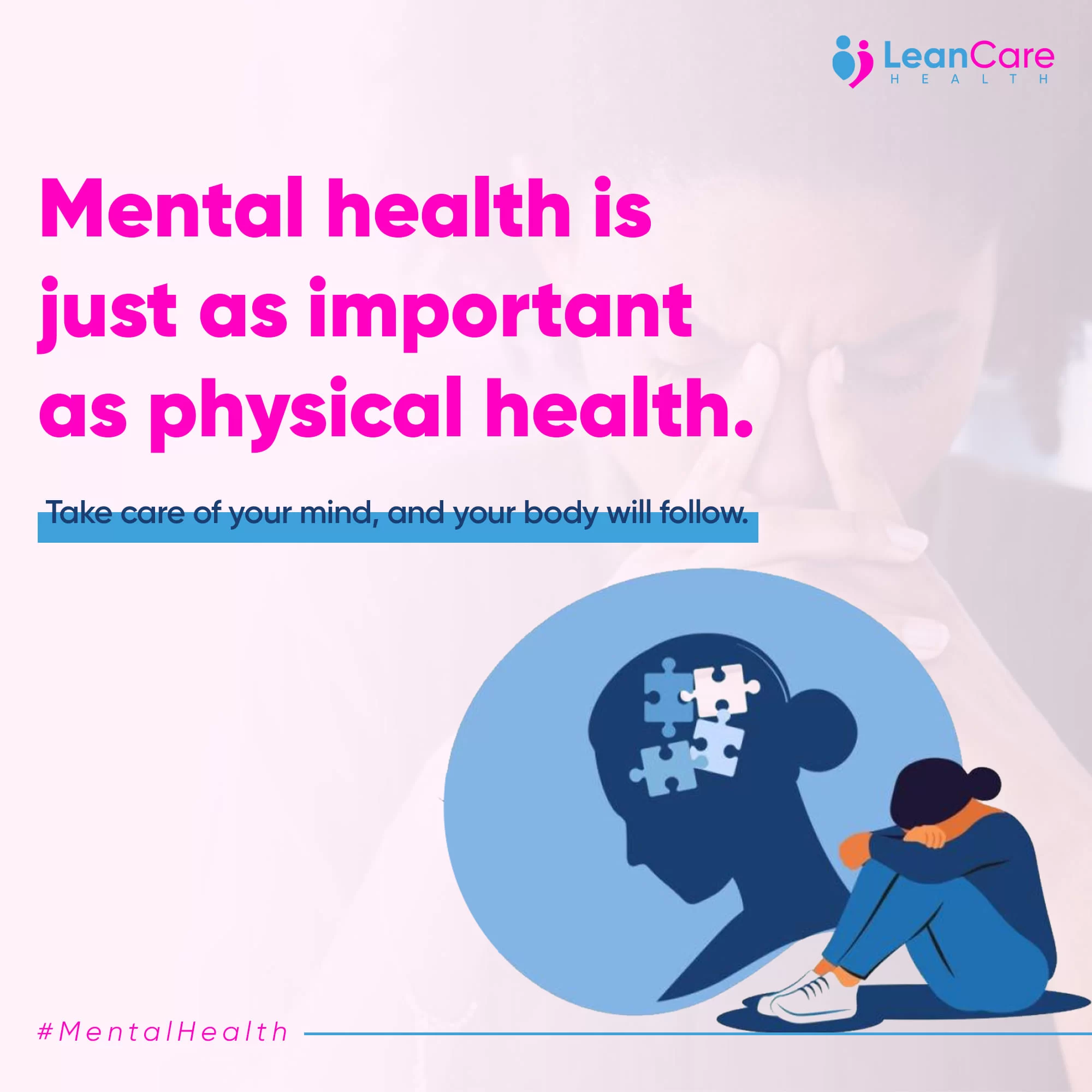A few years ago, I had a life-changing experience when a close family member was diagnosed with cancer. It started with non-specific symptoms such as persistent fatigue, involuntary weight loss and occasional pain without any obvious cause. These signs were initially downplayed as minor health concerns but deteriorated into their current state of seriousness.
After running several tests and carrying out a comprehensive examination at the hospital, the results came: cancer. This was shocking to us all and we were besieged by medical terminologies and the reality of it all. The oncologist informed us that cancer is a group of diseases characterized by abnormal cell growth that can spread to other parts of the body. We discovered that early identification and treatment are vital, so a detailed regimen was developed, including chemotherapy, radiation therapy, and surgery. It was difficult going through this new life but having obtained knowledge about the disease and having a well-structured plan gave us hope to move on.
What is Cancer?
Cancer is not just one disease; it is many related disease characterized by uncontrolled growth of abnormal cells. These can invade surrounding tissues, impairing them while others can get transported via either blood or lymph to far places in the body. Specific types include:
- Carcinomas – cancers that start in the skin or tissues lining internal organs (e.g., breast, prostate, lung).
- Sarcomas – cancers that arise in connective tissues such as bones, muscles or fats.
- Leukemias – Cancers of the blood or bone marrow
- Lymphomas – cancers usually beginning in lymphatic system like Hodgkin’s disease and non-Hodgkin’s lymphoma
- Melanomas – cancers originating from pigment-producing cells in the skin.
Risk Factors and Causes
Cancer develops due to various factors including;
- Genetic Factors: Certain genetic mutations inherited from parents can increase cancer risk for example BRCA1, and BRCA2 are linked to breast and ovarian cancers respectively.
- Lifestyle Factors;
- Tobacco Use: Smoking is a major risk factor for cancers of the lungs, mouth, throat, and several other organs.
- Diet and Obesity: A diet that is rich in processed foods and low in fruits and vegetables combined with obesity can increase the chances of having colon cancer or breast cancer.
- Alcohol Consumption: Excessive alcohol intake has been associated with a variety of cancers such as liver, breast, and oesophagal cancer.
- Environmental and Occupational Exposures: Exposure to certain chemicals, pollutants, and radiation (e.g., asbestos, radon, UV radiation) can increase cancer risk.
- Infections: Some cancers are associated with infections for instance Human Papillomavirus (HPV) causes cervical cancer while hepatitis B & C virus leads to liver cancer.
Diagnosis
Diagnosis usually involves taking a complete medical history alongside physical examination, imaging tests such as CT scans MRI’s X-rays among others, and then followed by biopsies. Biopsy entails examining a tissue sample for possible presence of malignant cells hence making it an important step during confirmation of the diagnosis.
Dealing with cancer does not only refer to medical treatment but also emotional support. Support groups, counselling services, and educational resources are useful to patients and families. Cancer is a complex illness demanding solutions through research advancements, early diagnosis and treatment hence enabling many individuals to handle it while living fulfilling lives effectively. Knowing the disease, adopting healthy lifestyles, and having adequate information that helps choose the proper treatment methods can raise the odds of better results and wellness.
